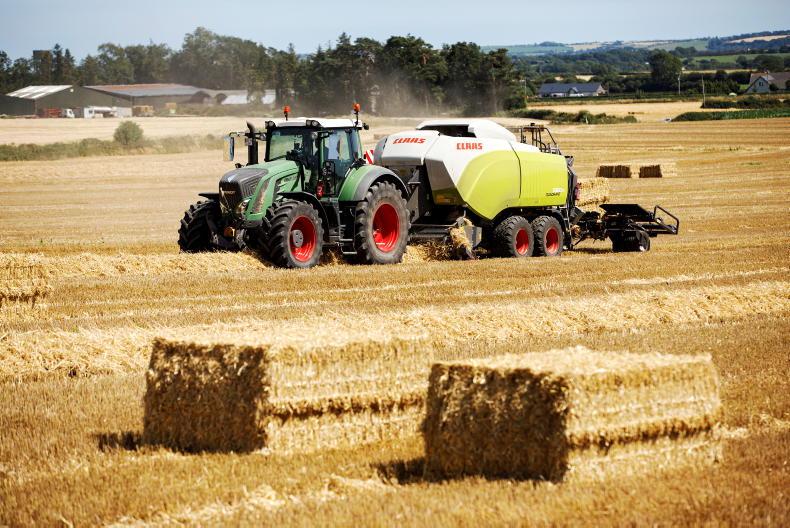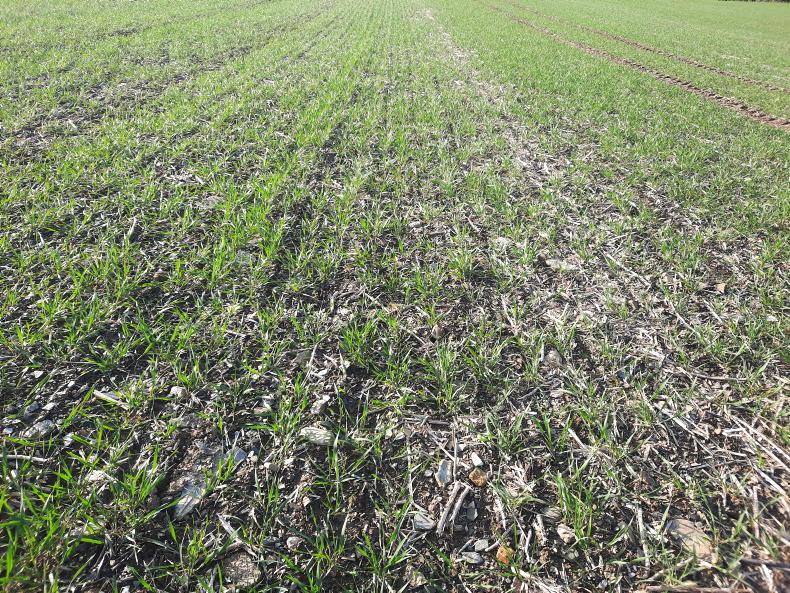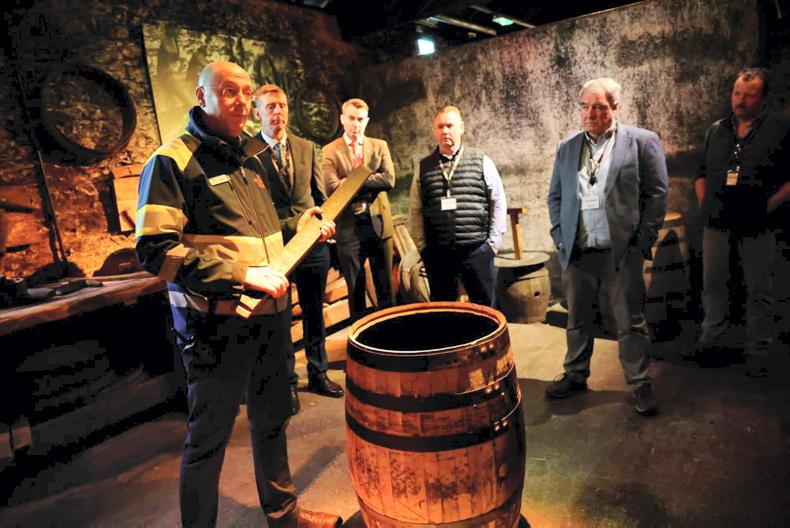"It’s only straw Gerald," a valued straw-buying neighbour reminds me every year when he promptly arrives to pay for his barley bales. Maybe, but nonetheless straw is a valuable cereal by-product and, for most tillage farmers, an important income stream.
Though I have to say that straw doesn’t do a great deal for me - if it pays Bruno’s bill that’s about it.
But, goodness knows, there is a need to maximise this source of income. Traditionally, barley straw went for animal bedding and the wheaten for mushroom compost, and with the exception of the useful Straw Incorporation Measure (SIM), this has changed little.
But I would welcome some change in what’s a very sluggish and disorganised wheaten market.
Our wheaten straw does go to the mushroom people, but since I don’t deal directly with them perhaps anything I say should be taken with a pinch of salt. I may indeed be a man of straw.
Poor organisation
It seems there’s poor organisation in straw deliveries and farmers are often left with bales carried over until the following year. By then the bales are a soggy mess and prone to breaking, ending up in a black heap polluted with enough red twine to circle the world once.
Equally with the mushroom straw buyers, payment is (or so they tell me) slow, and with some you’d need to give them an epidural to squeeze a cheque out of them. The price paid for bales never seems to rise, while diesel goes through the roof.
However, I do accept that the mushroom industry is going through very challenging times between Brexit and high energy costs. Nonetheless a better and more appreciative working relationship with wheat growers must be possible.
But, once more, it’s probably the wretched supermarkets holding everyone to ransom with the price they’ll pay for mushrooms.
Maybe there are some happy wheaten straw suppliers out there but I’m certainly not one of them. I’d love if we were still allowed to burn the stuff in the field, recycling the valuable nutrients and destroying grassweed seeds, but that won’t happen in this oh-so-green world.
It is for all these reasons that I recently contacted Bord na Móna in Edenderry Power Station about co-fuelling with straw.
They have evaluated burning straw, but because their furnaces are designed for wetter feedstocks and are fed on a bed of air, they are not suitable for burning the drier and lighter straw. Though if they wanted wetter straw that wouldn’t be a problem…
However, straw is used as a feedstock for power generation in the UK and I think there must be openings and options here.
Meanwhile, I’m told, Edenderry Power are at a competitive disadvantage for buying native biomass because there is a lucrative export market for biomass being shipped to subsidised power generation elsewhere. They don’t get subsidies here for fuelling with biomass/pulp wood or sawmill by-products.
Positive
On a more positive note, the SIM scheme is good but with min-till it is not easy to incorporate a big crop of, say, winter oats straw. It takes a lot of diesel to chop this down to the necessary 10cm or less.
Then the straw mat on the soil surface can prevent drying. We had a few problems with drill blockages. The incorporated straw also robs all the soil nitrogen from the emerging crop leaving it slow to develop. But it’s usually well decomposed by springtime and beneficially increasing soil organic matter and nutrients.
Maybe my neighbour Christy is right - it is only straw. I shouldn’t get excited. But right now, I’m approaching the last straw. We have large blackening piles of the stuff which I pass 20 times a day and it’s bugging the daylights out of me.








SHARING OPTIONS